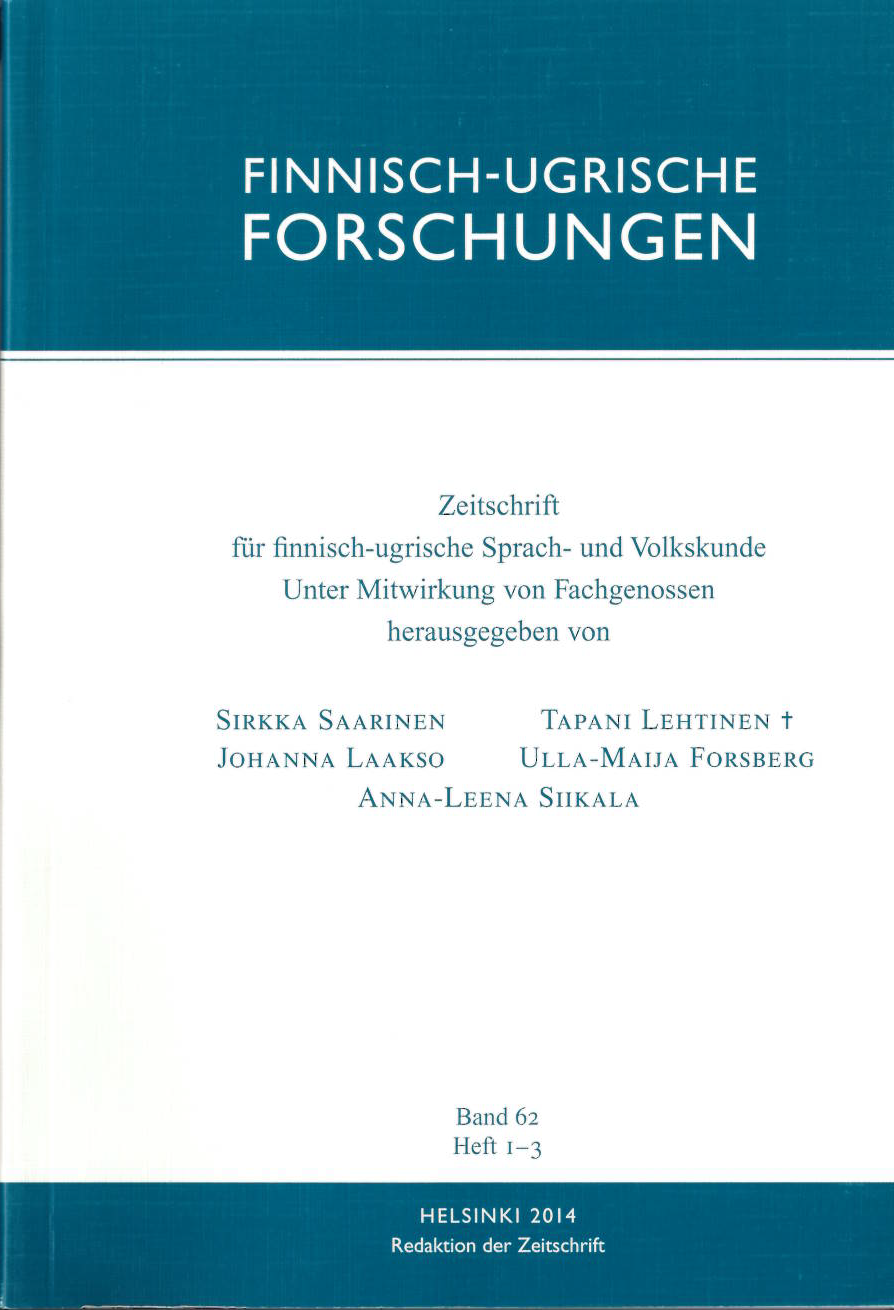Deficiencies of Official Bilingualism in the Finno-Ugric Republics of Post-Soviet Russia: A Legal Perspective
DOI:
https://doi.org/10.33339/fuf.86095Abstract
As a part of the “parade of sovereignties” during the disintegration of the Soviet Union in the early 1990s, the national republics of Russia designated both Russian and local languages as their state languages. The co-official status of the dominant Russian language by default prevented full-fledged official bilingualism, and serious steps were needed to promote non-dominant local languages in the public sphere. Beyond a mere formal recognition of their official status, the republican authorities passed regulations in order to provide institutional support for the local languages, the amount of which varied across republics. However, the extent of such regulations remains understudied and the best way to evaluate it would be a comparative analysis. What was the level of institutionalization of the official status in the case of titular languages in Russia’s republics? This study examines various solutions for framing the official status of titular languages in regional language legislations in order to understand the patterns of institutionalization. The republics titled after the Finno-Ugric peoples were chosen as case studies for the comparison. The study reveals that language legislation contains serious deficiencies in institutionalization of the official status of titular languages, which impede possibilities for their practical use in office.




